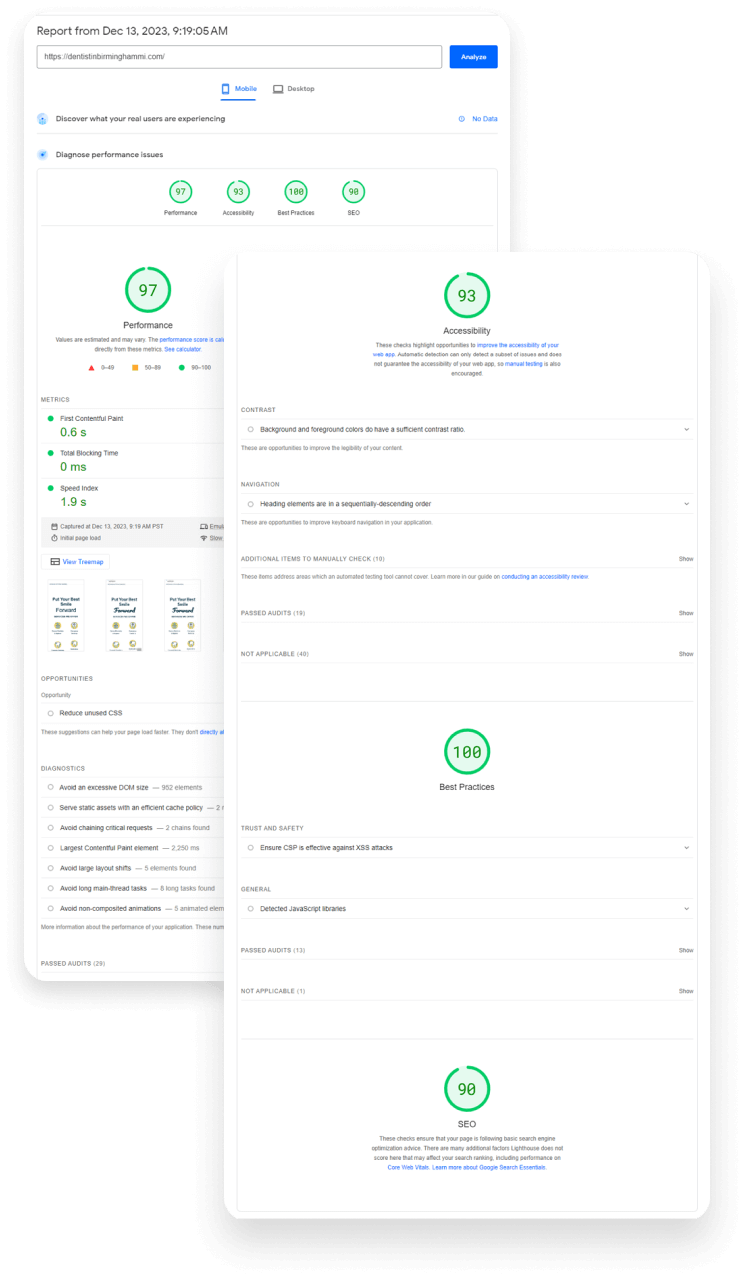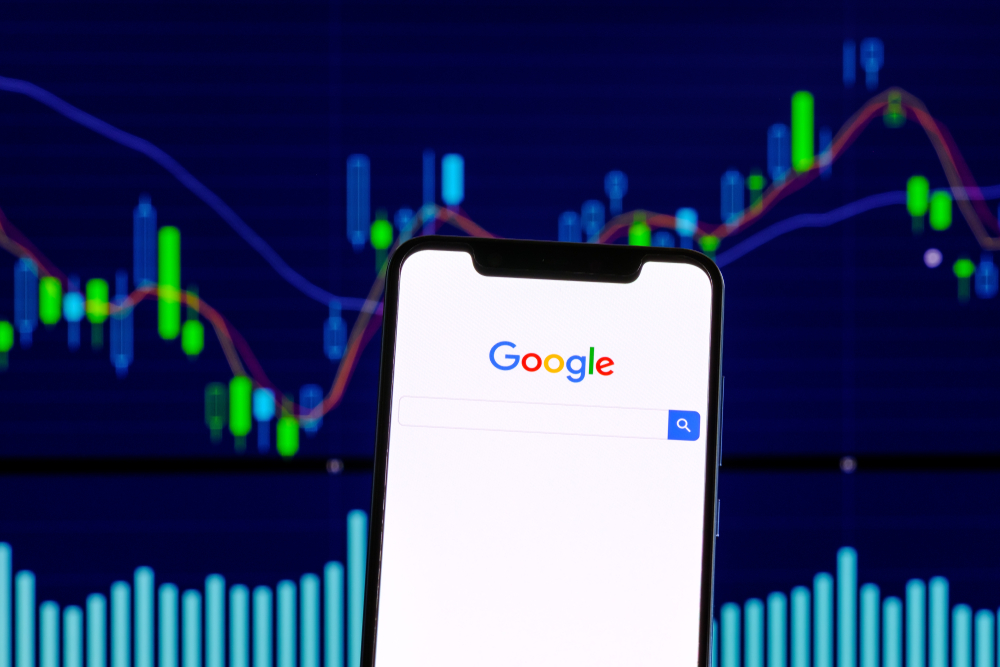How to Implement Canonical Tags
Canonical tags can be implemented by adding them to the HTML source code. This can also be automated using plugins and tools. Plugins such as Yoast SEO, All in One SEO Pack, and Rank Math, available for different content management systems like WordPress, can help set canonical URLs for your content. This guarantees that search engines distinguish and rank the appropriate version of the page, thus simplifying the navigation of your website for both users and search engines.
Adding Canonical Tags in HTML
Implementing canonical tags in HTML entails embedding a line of code in the <head> section of the page, signifying the preferred URL version. Canonical tags need to be in the <head> section of the HTML document to work optimally.
The syntax for implementing canonical tags in HTML is straightforward. For instance, <link rel=”canonical” href=”https://www.example.com/original-page”> is the standard syntax, where the href attribute points to the preferred URL.
Utilizing Plugins and Tools
Digital tools and plugins serve to simplify the task of adding canonical tags to your web pages. Some tools that can help you with canonical tags and SEO are:
- Moz Pro: Offers resources and tools to understand the importance of canonical tags and how to use them effectively. It guides you on the correct implementation of the canonical tag for SEO purposes.
- Screaming Frog: A free tool that can assist you in analyzing your website’s SEO and identifying any issues with canonical tags.
- SiteGuru: Another free tool that can help you optimize your website’s SEO, including the use of canonical tags.







